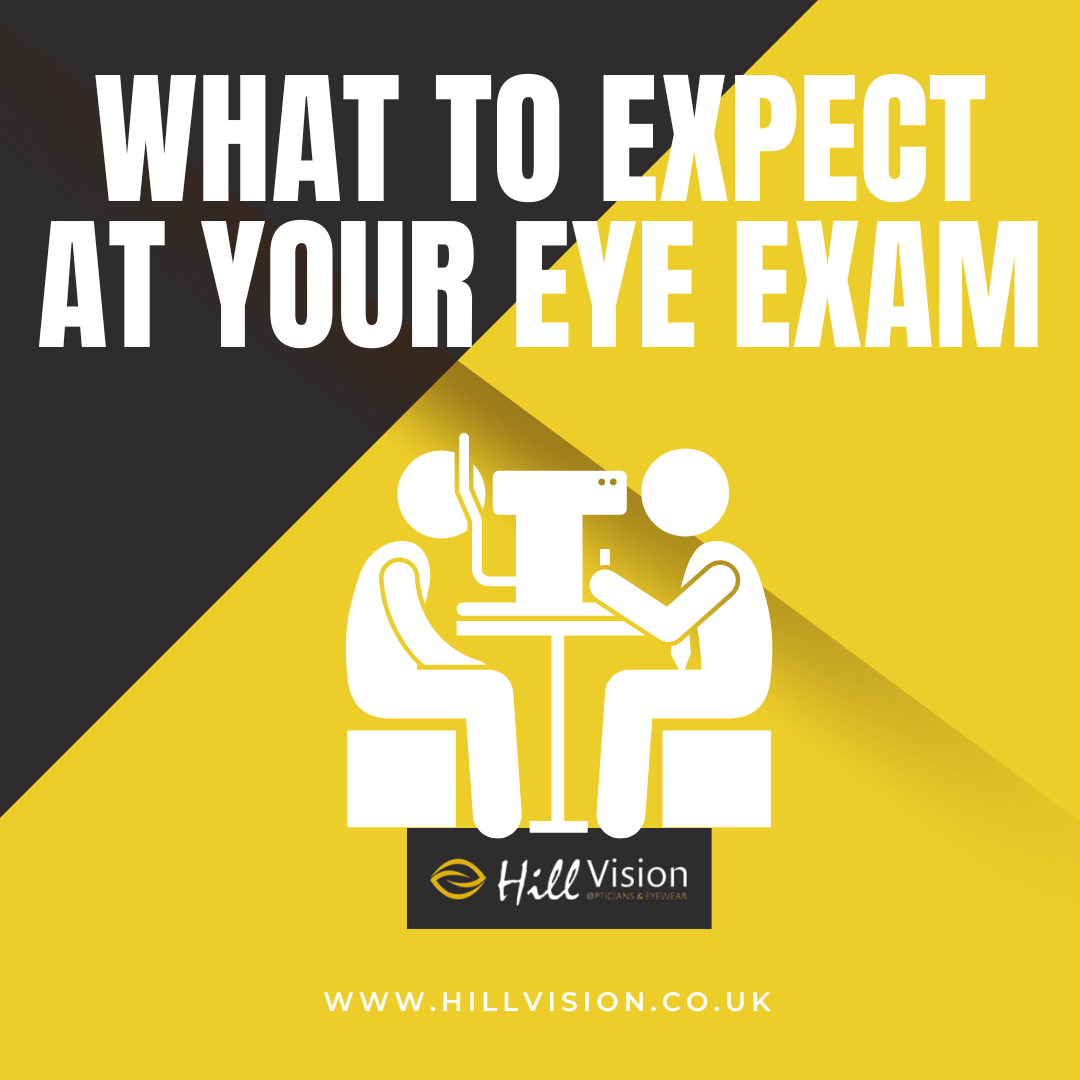Now more than ever, more of us are working from home due to the Covid-19 pandemic, meaning the time we now spend in front of a computer screen has increased dramatically with more companies and businesses only continuing online.
So, can the amount of time our eyes are exposed to a screen cause lasting damage? and do blue light glasses really work?
Let’s start at the beginning. Sunlight is made up of several different coloured lights, including red, orange, yellow, green, blue, indigo, and violet, and each has a different energy level.
However, when these colours are combined, they create what is known as white light or sunlight. Now blue light is just one of the types of colours in this mix and is generally defined as visible light. However, blue light has become increasingly more used today because of its link to digital screens and technology. All the devices we use every day, Ipads, laptops, smartphones, handheld devices, even sat nav’s; all emit what is known as blue light raising concerns about the potential long-term effects of blue light on eye health.
Blue light penetrates the eyes very quickly and means that the cornea and lens to the retina allow the blue light rays to pass through, hitting the lining at the back of the eye. It has even been suggested that too much exposure to blue light has the potential to damage the cells in the retina as they are light-sensitive.
So what does this mean for you?
Glasses have been around for thousands of years and are still being revolutionized today. Blue light glasses or blue light blocking glasses are glasses created to reduce the blue light volume that reaches the eye by using a specially designed lens.
Instead of allowing the eye to be exposed to rays all at once, these lenses filter blue light rays to help prevent causing potential damage with over-exposure. Blue light lenses tend to have a slight yellow tint that helps counterbalance the blue light. However, this is not visible to the naked eye and can only be seen using special equipment during production.

Investing in a pair of specially designed blue light lenses can relieve eye strain in the long run.
Have you ever found yourself suffering from a headache while using a device? Staring at a screen for many hours strains our eye muscles causing tension as the muscles to become overworked. Blue light exposure also affects sleeping patterns as the light interferes with melatonin (the sleep hormone) levels. Decreased levels of light and less exposure and strain on the eyes help the body to relax and, at night, helps to generate sleep hormones.
Working days or nights from home should not compromise the health of your eyes and it seems things won’t change much in the coming months or years as the working week could radically be changed, for good. Wearing blue light glasses to protect the eyes will enable you to focus on your screen and the task at hand for longer, allowing for greater productivity without the stress and strain caused by over-exposure.
Speak to our qualified optician or optical dispensing assistant to discuss the range of Seiko blue lenses on offer at Hill Vision.






